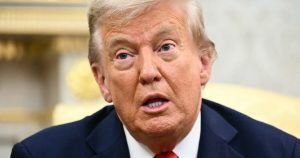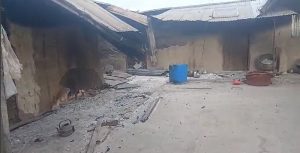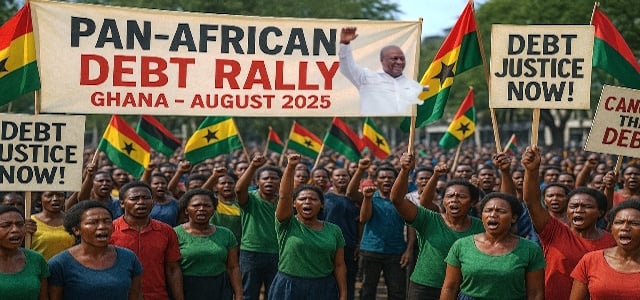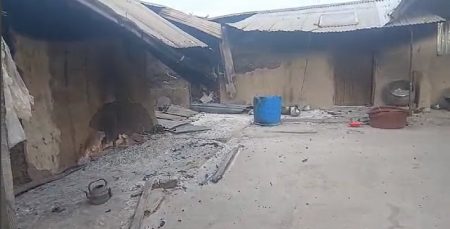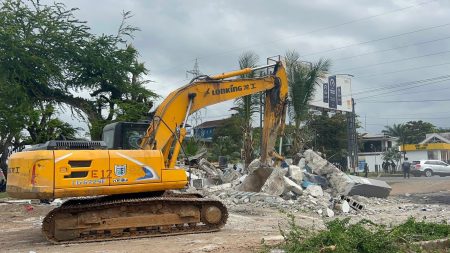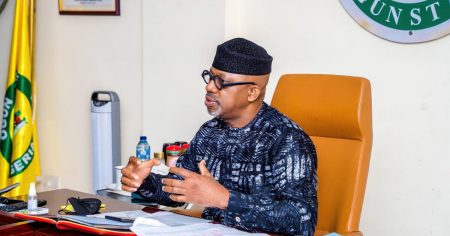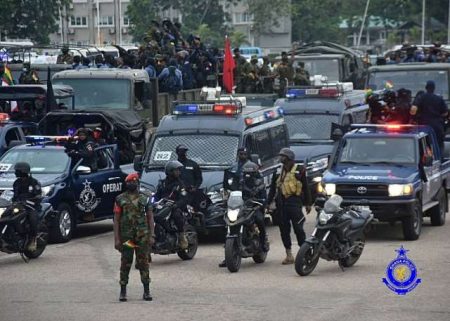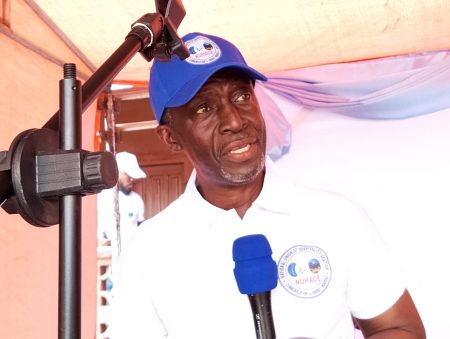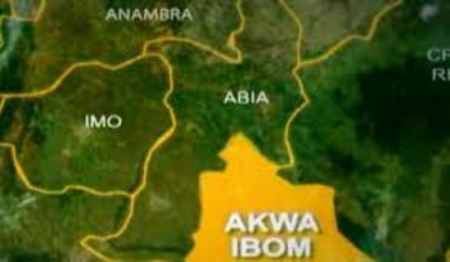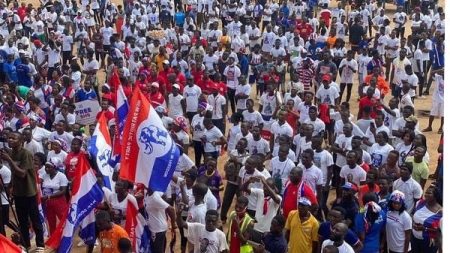The impending “Africa Rises” rally, scheduled for August 29, 2025, in Accra, Ghana, represents a pivotal moment in the fight against the crippling debt burden and exploitative trade practices that have long hampered Africa’s economic progress. Organized by the Trades Union Congress (TUC) of Ghana and the International Trade Union Confederation’s African Regional Organisation (ITUC-Africa), the rally aims to galvanize workers, civil society organizations, and political leaders across the continent to demand an end to these unjust systems that drain Africa’s wealth and hinder its development. The rally is not merely a protest; it is a clarion call for economic justice, sovereignty, and a future where Africa’s resources serve its people, not external creditors.
The urgency of the situation is underscored by the alarming statistics surrounding Africa’s debt crisis. With a total debt estimated at $2.14 trillion, 22 countries are teetering on the brink of distress, and four, including Ghana, are already in default. The burden of debt servicing has reached a critical point, forcing governments to make impossible choices between servicing their debts and investing in essential public services like education and healthcare. The rally organizers highlight the stark reality that many African countries now spend more on debt interest than on crucial social sectors, a situation they describe as a “bleeding of Africa” that must be stopped.
Beyond the sheer magnitude of the debt, the “Africa Rises” campaign also denounces the inherent injustice of the current financial system. The organizers emphasize that Africa suffers a net annual loss of $41 billion due to illicit financial flows and profit repatriation, a figure that dwarfs the combined inflow of loans, aid, and remittances. This underscores the fundamental imbalance in the global financial architecture, where Africa’s resources are systematically extracted for the benefit of external entities. The rally, therefore, represents a demand for a fairer and more equitable system where Africa retains control over its resources and can direct them towards its own development priorities.
The rally’s focus extends beyond debt cancellation to encompass the broader issue of trade justice. While acknowledging the potential of the African Continental Free Trade Area (AfCFTA) to boost intra-African trade, the organizers caution against replicating existing inequalities. They argue that without robust labor and social protections, the AfCFTA risks exacerbating existing disparities and creating a “race to the bottom” where workers bear the brunt of liberalization policies. This necessitates the integration of strong labor and social clauses within the AfCFTA framework, ensuring that trade benefits translate into decent jobs and improved living standards for all Africans.
The “Africa Rises” rally is thus a multifaceted campaign encompassing diverse yet interconnected demands. It calls for debt cancellation to alleviate the crushing burden on African economies, allowing governments to invest in essential public services and development priorities. It demands trade justice to ensure that the AfCFTA, while promoting economic integration, also safeguards the rights and welfare of African workers. And ultimately, it calls for a fundamental shift in the global financial and trade architecture, empowering Africa to control its resources and chart its own economic destiny.
The symbolic act of breaking chains during the rally represents a potent visual metaphor for Africa’s liberation from the “neo-colonial shackles of debt” and exploitative trade practices. The participation of Ghana’s Vice President, Professor Jane Naana Opoku-Agyemang, further underscores the significance of the event, signaling high-level political support for the campaign’s objectives. The organizers hope the rally will not only resonate across the African continent but also send a powerful message to the global community, demanding a more just and equitable world order. The “Africa Rises” rally is not just a moment in time; it is a movement for change, a testament to the resilience and determination of the African people to build a prosperous and equitable future.


